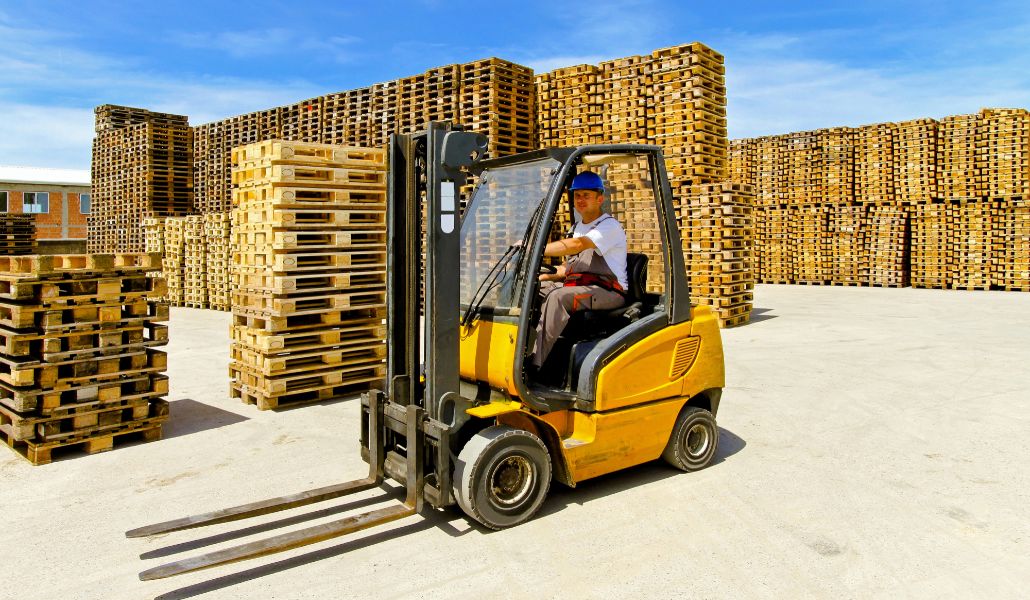Safety training essential for North Carolina forklift operators

Apr 08, 2021 | Workers' Compensation
Forklifts are crucial in various industries in North Carolina. From construction sites to warehousing and manufacturing, forklift operators and pedestrian workers share work areas. Regardless of the industry, employers are responsible for the safety and health of employees, a process in which safety training is essential. Equally important is monitoring and enforcing safe practices because severe injuries and even deaths have resulted from inadequate safety training.
Communication is a vital part of forklift safety because the operator and pedestrian workers must be aware of each other at all times. The following processes form the basis of forklift safety.
Pre-use inspection
Forklift operators must report any identified problems immediately, and the forklift must not be used until repairs have been done. The forklift operator must use a checklist that includes the following:
Visual inspection
- Forklift’s overall condition
- The cleanliness
- Presence of fire extinguisher
- Cracks or bends in the fork
- Visible wear on tires
- Housekeeping issues in surrounding areas
Physical Inspection
- Check forklift operation
- Check gauges, lights and brakes
- Ensure backup alarm and horn sound are operational
Common hazards
- Workers should never ride on the forks.
- Beware of accidents between pedestrians and forklifts.
- Never use the forklift at excessive speed.
- Ensure loads are balanced to prevent the forklift from tipping over.
- Secure all loads to prevent lost loads that could injure the operator or other workers.
Floor Markings
- Creating safety boundaries for the forklift by using floor markings is essential.
- Additional signage could warn pedestrians and forklift operators of potentially dangerous areas.
- Other markings include pedestrian walkways, speed limits and stop signs.
Report injuries immediately
Victims of forklift or other work-related accidents will be eligible for workers’ compensation benefits. However, injuries must be reported promptly to ensure claims are filed within the allowed time limit. The North Carolina workers’ compensation system is a no-fault program, meaning that benefits are typically paid regardless of who was at fault. Typical benefits include medical expenses and a percentage of lost wages.
